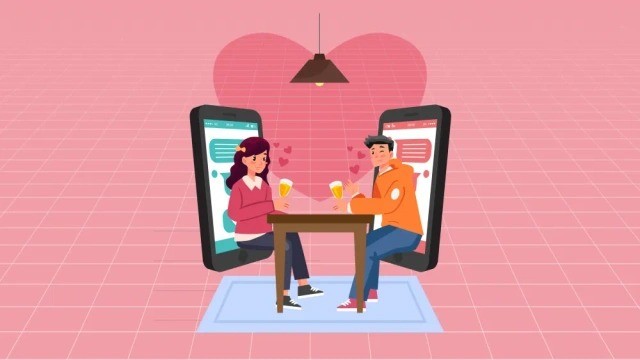Dating apps are no longer run on vibes and guesswork. AI is now steering the wheel, from who we match with to how we talk. Some people hate it. Others swear it makes their love life less trash. But either way, you can’t ignore how machine learning is changing how people date—and what it even means to “meet someone” in the first place.
Your Bot, Your Matchmaker
14% of daters now use AI tools to help with their profiles or conversations, according to Match and the Kinsey Institute. Of those, 43% used it to write bios, and 37% used it to send better openers. Those AI-aided users saw 32% more matches—but 27% of them got ghosted when the other person figured out the message wasn’t written by them.
Dating apps are integrating AI into everything. Tinder’s “Smart Photos” feature sorts your pics in ways that maximize swipes. That alone boosted match rates by 23%. Hinge added a system that reminds people to reply before ghosting takes over. It bumped up conversations by 28%.
Pick Your Flavor: Dating by Design, Not Default
Dating apps aren’t pushing one view of love anymore. They’re giving people tools to explore what actually works for them. AI helps narrow things down, not by guessing who you’re “meant to be with,” but by learning your vibe. Suppose you’re all about slow-burn chats; apps like Hinge pair you with fellow talkers. If you’re into quick connections, Tinder’s algorithms won’t waste your time with long profiles.
Some apps focus on matching mindsets, not just interests. Platforms like OkCupid tweak matches based on values, while the Secret Benefits app and others cater to more nontraditional setups, all filtered through machine learning. Everyone’s making their own rules. AI’s job is to keep up.
The Dating Coach Is Now an Algorithm
Iris Dating uses facial recognition to track your eye movements and facial expressions while swiping. After six months of use, 63% of users said their AI-picked dates had stronger chemistry than past dates chosen by real people. That same platform claims 89% accuracy in pinpointing your physical “type.”
Hinge and OkCupid apply behavior-driven systems to match people based on how fast or slow they respond. Tinder’s “Vibe Check” filters out early red flags, shutting down 29% of chats that showed toxic behavior in the first two minutes. The tool was trained on over 8 billion messages.
Dating Is a Job Interview Now?
AI is also estimating your worth. Literally. Hinge reported that 41% of its users inflate their career or income claims using AI-written profile blurbs. In response, some premium apps now include AI-powered salary verification tools that cross-check against tax records.
And yes, financial status remains high on the want list. 73% of singles said stable finances matter more than shared interests.
Ghosts, Bots, Catfish
Dating apps aren’t immune to nonsense. Milla Sofia, a virtual influencer on the app Raya, brings in $240K a month from her $1/min fan chat service. The kicker? 68% of subscribers didn’t know she wasn’t real. Even with clear disclaimers.
Matchmaking firms say catfishing reports involving AI-generated personas went up 53% in 2024. That’s why users are now hiring “bot detection” consultants. It’s a whole side industry.
Not Everyone Is Sold
Only 30% of Americans say they feel safe using dating apps. Even with AI blocking millions of bots and blurring inappropriate images, trust is low. Bumble invested 22% of its 2024 tech budget into fraud filters. Tinder now scans billions of chats annually to cut harassment. But tech can’t fix everything. People will always find ways to lie or mislead. Even the bots.
Deep Learning = Deep Love?
VR dates are now a thing. Some apps combine video chat and emotion-tracking AI that reads 148 different facial cues while people talk. Users in early trials said these virtual meetups lasted 40% longer and felt less awkward than old-school text chats.
Still, people are split. A 2025 Stanford study showed that AI-enhanced profiles (things like better lighting, subtle keyword edits) led to 139% higher match rates than untouched bios. But is that attraction… fake?
The Weird Science Stuff
New startups are pushing even deeper. Pheramor is testing AI with DNA compatibility scores. It pulls genetic info, then matches you with people who have low risk for shared health problems. Turns out, 62% of users quit chats after seeing those genetic warnings. Love might be blind, but data doesn’t lie—and people take it seriously.
AI isn’t swooping in to save your love life. It’s giving people more tools—and some people misuse them. The apps are wild, the bots are smarter, and your next match might be filtered through a facial scan or tax record. It’s weird. It’s real. And it’s only getting weirder.
















